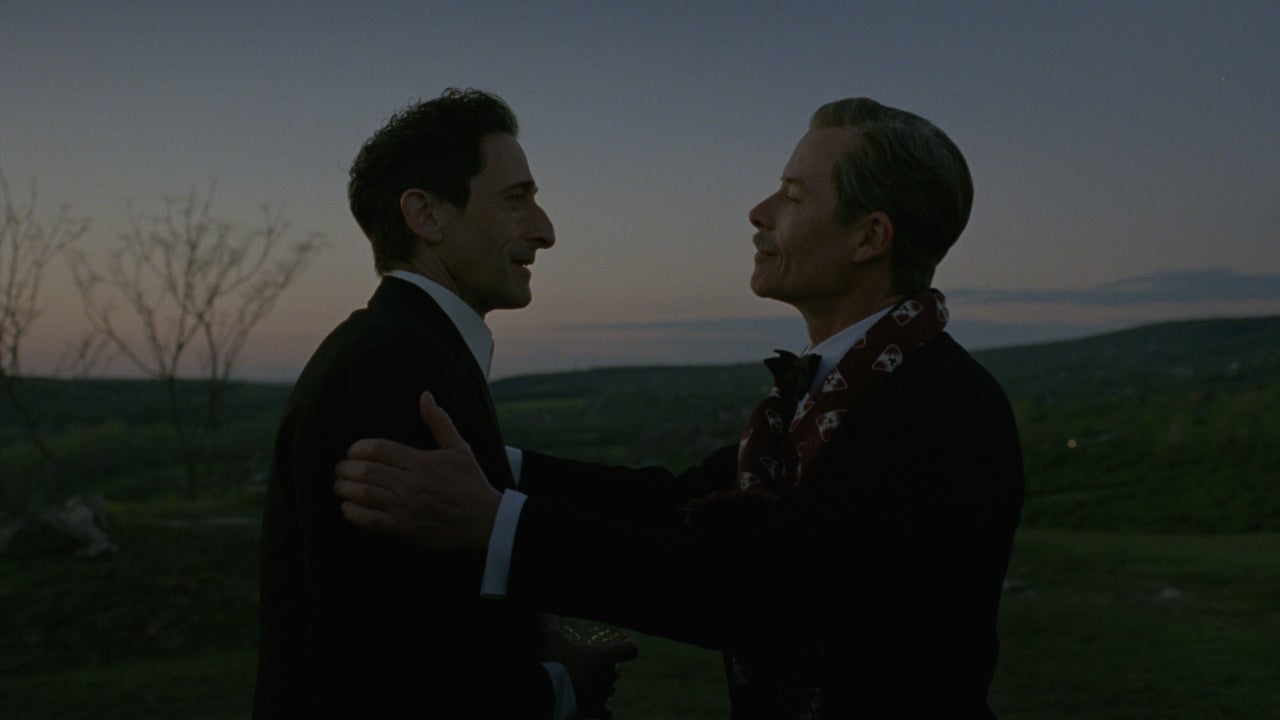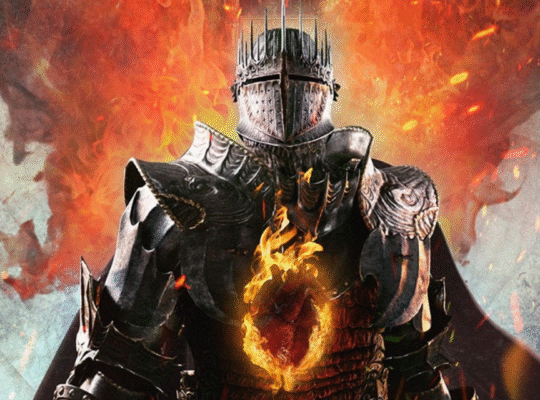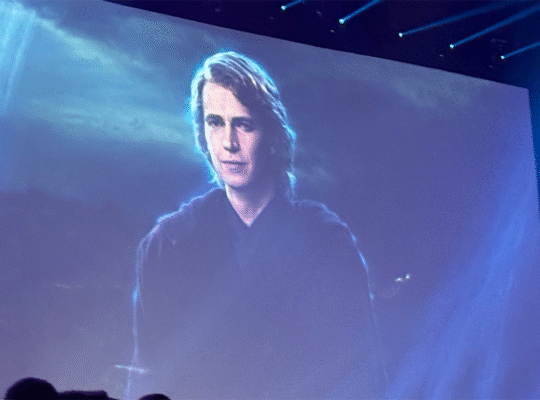The Brutalist opens in theaters Friday, December 20.
There is a rot at the core of the great American experiment, and it’s felt throughout The Brutalist. This is a film that begins with an astonishing shot that makes it look as if one of the chief symbols of U.S. pride, the Statue of Liberty, is falling from the sky – and the 3 hours and 35 minutes (with intermission) that follow match that bold opening with meticulous craft and confident force. When we emerge from the gloomy darkness of a ship docking at Ellis Island, the joy etched onto the face of Hungarian Jewish architect László Tóth (Adrien Brody) marks the first moment of many where the actor precisely captures devastating emotion. He feels like an embodiment of the statue’s inscription welcoming “huddled masses yearning to breathe free.” But this, as with any other promise of emancipation in László’s adopted homeland, is too good to be true. There is no breathing free for him – or, for that matter, us, as observers to a painful journey artfully and movingly guided by director Brady Corbet.
The Brutalist is not only the best work to date from Corbet and his longtime collaborator and partner, Mona Fastvold, but one of the best, most formidable films of 2024. Its sharply written script immerses us in a rich tapestry of post-war America while zeroing in on the life of a single artist, mirroring his chosen medium. Like the imposing, unadorned structures of brutalism (think: Boston City Hall, the blocky public housing of the Soviet Union, modern additions to any university campus), it can feel at times intentionally ugly or rudimentary. But it’s also a breathtaking work that’s simultaneously maximalist and minimalist – a searing movie that’s poetic on a formal, storytelling, and thematic level.
The year is 1947. László is immigrating to the United States after the Holocaust wreaked havoc on him, the family he was forcibly separated from, and his home. He has left an ailing wife Erzsébet (Felicity Jones) and niece Zsófia (Raffey Cassidy) in the hope of starting again, and his startling encounter with Lady Liberty – an echo of the menacing way Corbet ended his feature directorial debut, 2015’s The Childhood of a Leader – is merely a hint of the troubles to come. The story is written with a light touch, but it carries a great weight: As László finds refuge and work in Pennsylvania alongside his cousin, Attila (Alessandro Nivola), he becomes entangled with a wealthy client, Harrison Lee Van Buren (Guy Pearce), who commissions him for a massive community center. As the job consumes him, Corbet and Fastvold draw us into the zero-sum reality of American life. What we find there is remarkably acted and perfectly paced, with the escalations that upend László’s day-to-day coming quickly before extending across months, if not years, that pass in the blink of an eye.
Corbet directs László’s work on the community center with an assured hand, making each scene feel essential and every single character development that much more revelatory. In particular, the way Van Buren takes advantage of and increasingly abuses everyone he can gives shape to Corbet and Fastvold’s portrayal of a uniquely American cruelty. Here is a man with everything who can’t seem to stop taking from those with infinitely less. He taunts László, humiliating him while he dangles freedom and fulfillment before him, but he’ll soon inflict even greater harm on him. Pearce plays the character with a smarmy charisma, broadcasting Van Buren’s calculated moves and sense of superiority with stomach-churning effectiveness. In closeups, there’s a simmering yet cold rage in the actor’s eyes. He makes Van Buren a painfully familiar figure: He and men like him are the ones who make our world, and the people in it, crueler.
And that world keeps turning, with The Brutalist providing increasingly urgent hints of what’s happening beyond its characters’ sights until the eventual significance hits like a train. When a radio broadcast of the Israeli Declaration of Independence – one of the inciting incidents of the 1948 Arab-Israeli War – is overheard, Corbet strikes his deepest cut: The Brutalist is a film about the immigrant experience as well as the cycles of violence we create while trying to ensure we’re never in a position to be abused again. The excellent use of montage and the accompanying score by Daniel Blumberg in this sequence is a thing of beauty; it laid me flat as it left me to sit with the immensity of the history being depicted. As Corbet sends his camera flying along the ground with tremendous speed elsewhere, he sweeps us up in a story as intimate in its characterization as it is thoughtful in its themes.
The filmmaking is fearless and the performers are all locked in. While Brody makes for an outstanding focal point, it’s Pearce who’s the film’s dark soul. He’s so good at playing a slimy snake of a man; you don’t dare take your eyes off of him for fear of what he might do if you did. The dread comes from the realization that his wealth, which the characters need, also insulates him. That’s where Jones serves as a strong counterbalance to Brody: Erzsébet, who eventually comes into the story along with Zsófia, pushes László to look more closely at his primary patron. As they try to build a life together, both are unaware of how they’re losing Zsófia, who mostly stays silent, but is always listening. Based on what she sees, she becomes convinced that the wrongs her family suffers can only be righted in a world where she wields all the power. It’s the most chilling part of a chilling film, lacing a thread about a family drifting apart into an increasingly sinister story of an artist and his benefactor.
This is what makes The Brutalist so emotionally, existentially resonant, and the way Corbet ties it all together left me reeling. Following a time jump, we’re able to see and hear about the future that László was building. But none of this is shared in his voice; someone else is speaking for him, in ways that sanitize the preceding three-plus hours of triumph and trial. It’s The Brutalist’s final tragedy: László, the man, the artist, and the architect, standing aside once more to gaze upon a legacy that’s been hijacked. It’s a thematically heavy, fittingly thorny final note. The film begins with the hollow myths we tell ourselves about America, and it ends with a series of convenient proclamations about László’s personal and professional accomplishments. More violent cycles, more suffocating patterns. But, ironically, in putting the capstone on this monument of deceit, Corbet and company produce a haunting honesty.












